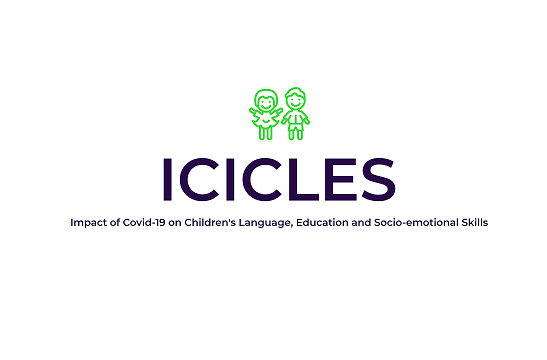School-readiness, whole-class teaching and pupils’ mathematical attainments
 Pub. Date
Pub. Date
 Pub. Type
Pub. Type
Lower schooling attainments by summer-born children have long been of concern in England: the issue is considered in this paper as part of the general problem of teaching, in the same class, children who are at widely differing stages of their development (or of widely differing abilities). Comparisons are made of the age-distributionsÑand educational consequencesÑof the Continental practice of deferring entry to primary school by a year for children who are slow- developers, with the English practice of school-entry tied to a strict twelve-months' period of birth. From samples of classes of pupils aged 9Ð10 examined here, it seems that slow-developing pupils in Switzerland, who have been placed in a class a year behind their normal age-range, perform close to the average of the class in which they have been placed; and that the dispersion of pupils' mathematical attainments in Swiss classes is much reduced, to about only half that in English classes. Where the variability of pupils' attainments has been reduced to that extent, it is likely that less individualisation of teaching is required, and that learning by the class as a whole can proceed more successfully and more rapidly. Greater flexibility in age of school-entry than currently practiced in England may thus be a pre-condition for the extension of whole-class teaching, and for more efficient teaching and learning.
No PDF version is available. Please contact the <a href="mailto:pubs@niesr.ac.uk">NIESR Publications Office</a> to order a free hard copy of this Discussion Paper.














